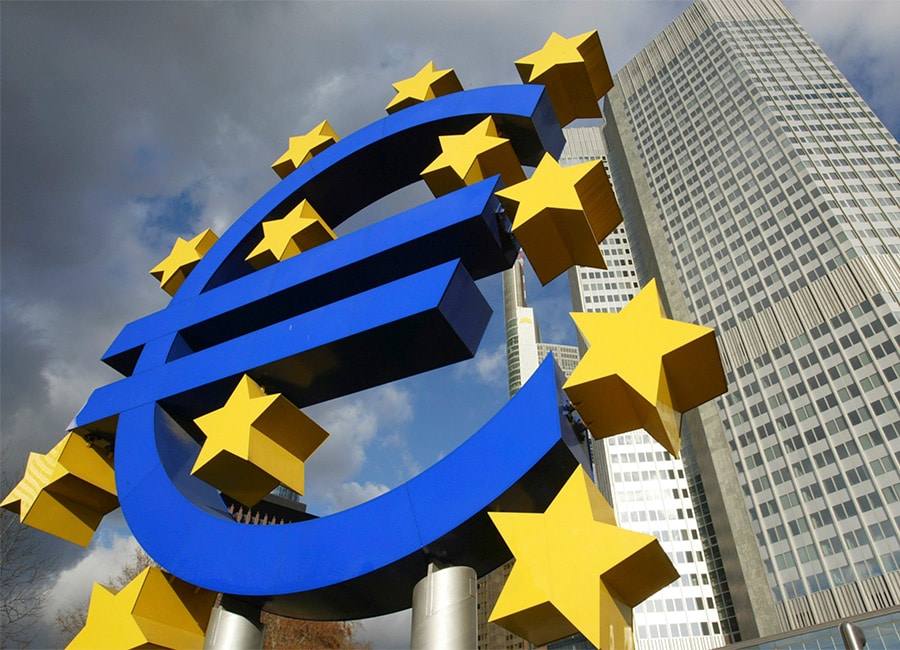The Governing Council of the European Central Bank has raised the three key ECB interest rates by 50 basis points and stated that it intends to raise interest rates by another 50 basis points at its next monetary policy meeting in March.
The central bank said it will then “evaluate the subsequent path of its monetary policy”.
From 8 February 2023, the interest rate on the main refinancing operations and the interest rates on the marginal lending facility and the deposit facility will be increased to 3.0%, 3.25% and 2.50% respectively.
“Keeping interest rates at restrictive levels will over time reduce inflation by dampening demand and will also guard against the risk of a persistent upward shift in inflation expectations,” said an ECB statement.
“In any event, the Governing Council’s future policy rate decisions will continue to be data-dependent and follow a meeting-by-meeting approach.”
Governing Council president Christine Lagarde said the ECB “will stay the course in raising interest rates significantly at a steady pace and in keeping them at levels that are sufficiently restrictive to ensure a timely return of inflation to our 2% medium-term target”.
“Keeping interest rates at restrictive levels will over time reduce inflation by dampening demand and will also guard against the risk of a persistent upward shift in inflation expectations,” she claimed.
Pent-up demand
Lagarde referenced high energy costs spreading throughout the eurozone economy. Inflation excluding energy and food remained at 5.2% in January, with inflation for non-energy industrial goods rising to 6.9% and services inflation declining to 4.2%.
“Although supply bottlenecks are gradually easing, their delayed effects are still pushing up goods price inflation. The same holds true for the lifting of pandemic-related restrictions. While weakening, the effect of pent-up demand is still driving up prices, especially in the services sector,” said Lagarde.
“Wages are growing faster, supported by robust labour markets, with some catch-up to high inflation becoming the main theme in wage negotiations.”
In the UK today, the Bank of England increased the base rate by 50 basis points from 3.5% to 4.0%. In the US earlier this week, the Fed limited its latest rate rise to 25 basis points.

The ECB stated that it intends to continue reinvesting in full the principal payments from maturing securities purchased under the Asset Purchase Programme (APP) and Pandemic Emergency Purchase Programme (PEPP) until the end of February 2023.
“Subsequently, the APP portfolio will decline at a measured and predictable pace, as the Eurosystem will not reinvest all of the principal payments from maturing securities.
“The decline will amount to €15 billion per month on average until the end of June 2023 and its subsequent pace will be determined over time,” said the ECB statement.
The ECB’s latest rate hike brings to 3% the total of interest rate increases over the past six months.
The Association of Irish Mortgage Advisors estimates that a 0.5% increase in ECB rates raises monthly repayments for tracker mortgage customers by €50 for every €100,000 borrowed.
Bank of Ireland said its tracker mortgage rate will increase by 0.5% from 22 February 2023.
AIB said its fixed mortgage fixed rates will increase from 3 February 2023. Variable mortgage rates will increase by 0.35% from 14 March 2023. The AIB tracker rate will also increase, with details to follow later.
For deposits, there is no change for the 0.5% offered by AIB for 1-year fixed term deposits, though the rate for 7-Day Notice deposits will increase from zero to 0.25%.









